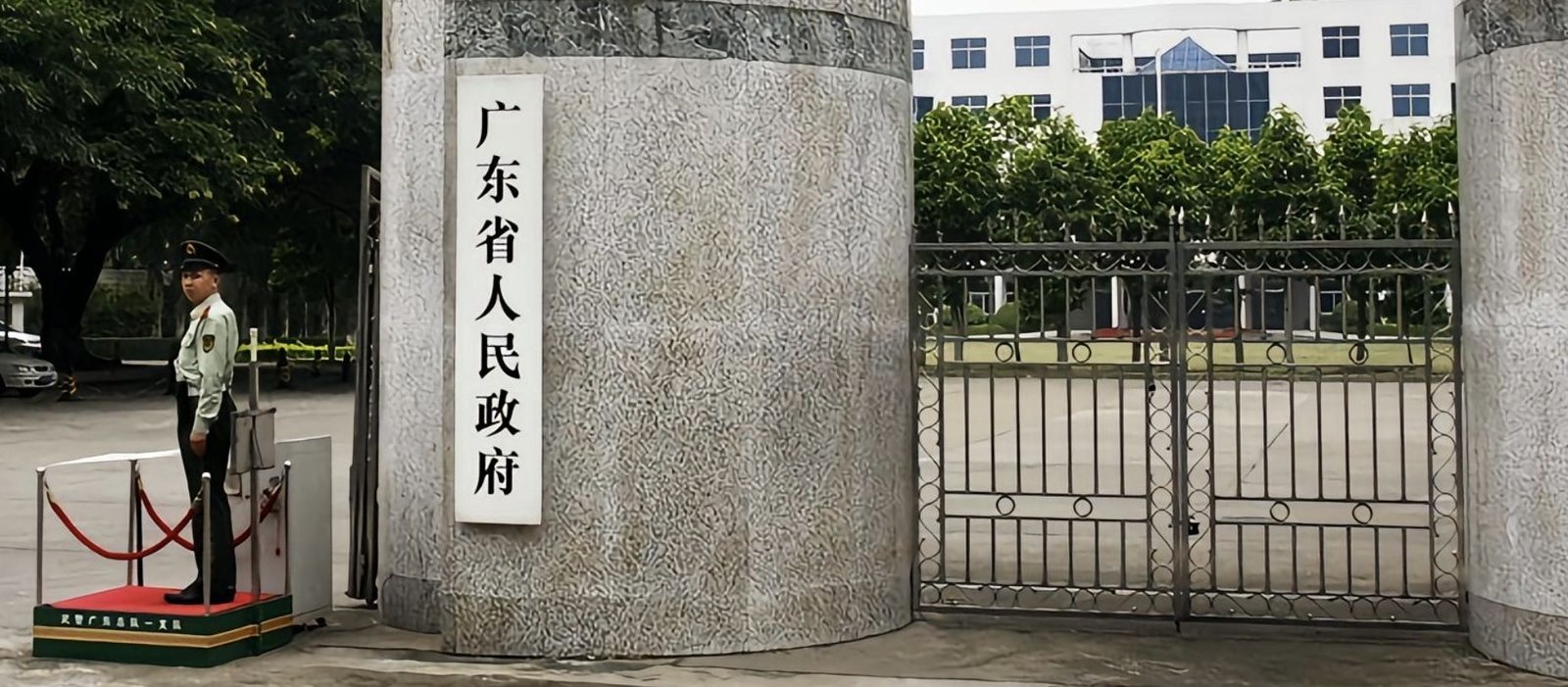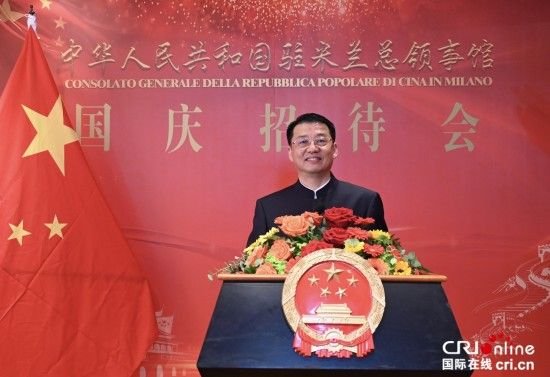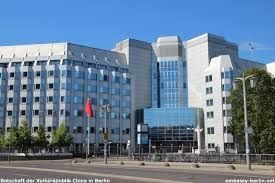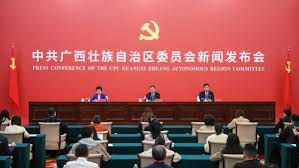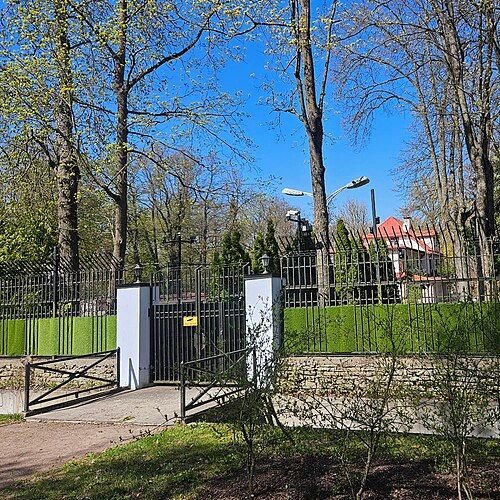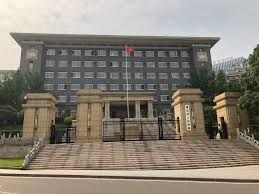Taiwan Affairs Office of the Guangdong People’s Government
The Taiwan Affairs Office of the Guangdong People’s Government (廣東省人民政府台灣事務辦公室) is the provincial implementation of CCP Taiwan policy in Guangdong, operating under the “one institution, two names” system as the Taiwan Work Office of the CCP Guangdong Provincial Committee (中共廣東省委台灣工作辦公室). The office implements central directives while coordinating Taiwan affairs across provincial departments and municipal governments, managing cross-strait economic cooperation, cultural exchanges, and personnel movements. It approves Taiwan investment projects, manages Taiwan journalists visiting Guangdong, and oversees the province’s role in attracting Taiwan business to the Greater Bay Area. The office reports to both the provincial Party committee and the national TAO.

